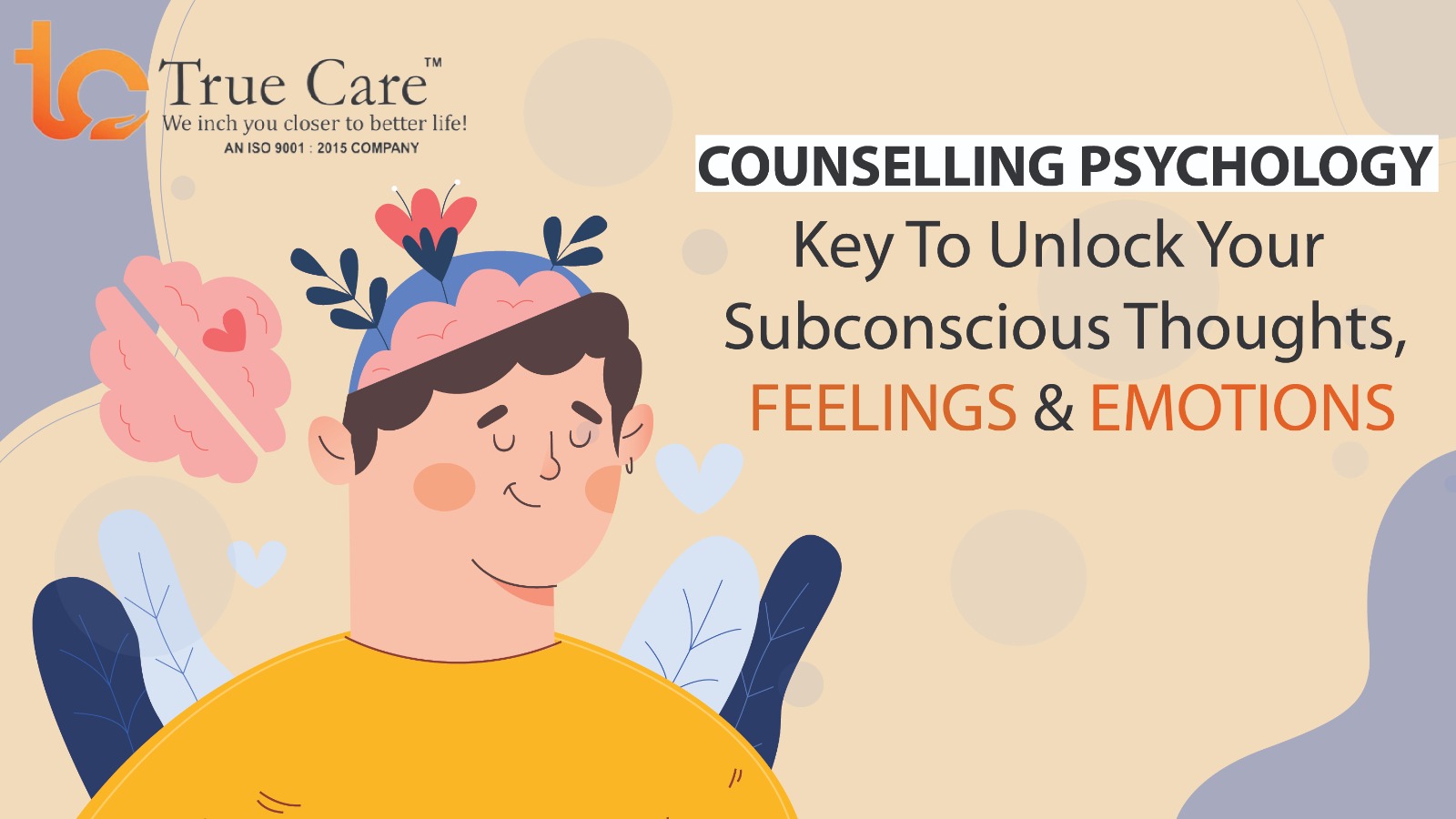Counselling psychology is a field of psychology that aims to enhance people’s psychological and general well-being by helping them in exploring and comprehend their thoughts, feelings, and emotions. It gives people a safe and supportive atmosphere where they can be open with one another and work through any difficulties they might be experiencing.
Why The Subconscious Mind Is Important
Are you leading the life you’ve desired all your life? Are you satisfied with the way things are? It’s not too late if you’ve struck a wall, feels trapped in life, or realise you haven’t used all your potential. You can reconnect your brain to help you focus and be determined enough to create a life that brings you fulfilment, joy, and passion.
Through counselling, people can access and explore their own thoughts, feelings, and emotions in a nonjudgmental and secure setting. As a result, one may become more self-aware, experience personal growth, and create better coping methods. Additionally, it can help people in addressing certain problems including anxiety, depression, marital conflicts, trauma, or professional difficulties.
How the Subconscious Mind Affects Thoughts, Feelings and Emotions
Even if the information in the Subconscious mind is not conscious, it nonetheless affects how people behave. The following are some examples of how the Subconscious might impact behaviour:
- Negative ideas
- Self-defeating ideas and actions
- Anger-related emotions
- behavioural issues in kids
- Relationship challenges
- Unsettling Trends in love relationships
- Attitudes towards other people Bad behaviours
- Disturbing dreams
- First perceptions of others
- Stereotypes and bias




